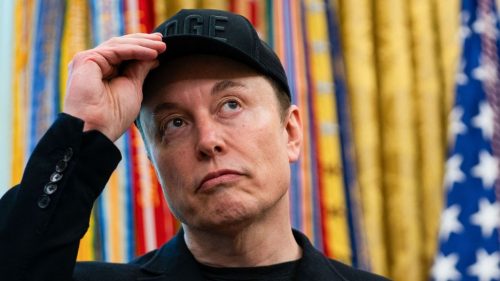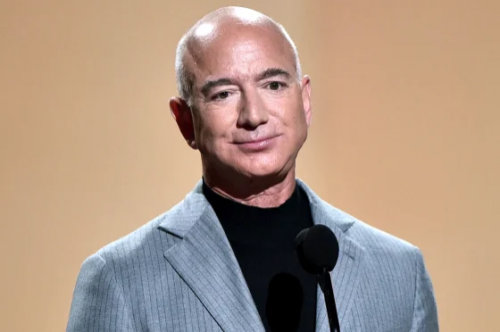Enterprises are now strongly on the path to operationalizing AI within their organizations, with 76% on the AI adoption curve, according to Forrester Research. But getting it operationalized is just one step of the process.
A solid AI governance practice will need to span the organization so that it can navigate in this new era of maturing regulations and greater customer sophistication when it comes to privacy. This work will need to include the AI leader, business leader, data engineer, legal/compliance specialist, data scientist, and solution engineer, according to Forrester. Each member of this group has a different level of excitement or concern around the AI practice.
One of the biggest new regulations that’s coming, likely in 2024, is the AI Act in Europe, which creates a hierarchy, rating some AI use cases as an unacceptable risk, others as high risk, others as limited risk, and others as minimal risk. High-risk AI will be prohibited and include use cases such as mass surveillance, manipulation of behavior that causes harm, and social scoring. High-risk activities will require an assessment and include access to employment and education and public services, safety components of vehicles, and law enforcement. Limited-risk AI activities are required to be transparent, and they include impersonation, chatbots, emotion recognition, and deep fakes. Anything else can be categorized under minimal risk and that carries no obligations for the enterprise.
In addition, the White House released an AI Bill of Rights this year, which is not binding but it indicates a direction that the Biden administration will take in terms of AI regulations. Key components of this are the importance of privacy and also the importance of having human beings make critical decisions rather than relying on AI/automation.
The original article was published at InformationWeek.
The Boston Global Forum (BGF), in collaboration with the United Nations Centennial Initiative, released a major work entitled Remaking the World – Toward an Age of Global Enlightenment. More than twenty distinguished leaders, scholars, analysts, and thinkers put forth unprecedented approaches to the challenges before us. These include President of the European Commission Ursula von der Leyen, Governor Michael Dukakis, Father of Internet Vint Cerf, Former Secretary of Defense Ash Carter, Harvard University Professors Joseph Nye and Thomas Patterson, MIT Professors Nazli Choucri and Alex ‘Sandy’ Pentland. The BGF introduced core concepts shaping pathbreaking international initiatives, notably, the Social Contract for the AI Age, an AI International Accord, the Global Alliance for Digital Governance, the AI World Society (AIWS) Ecosystem, and AIWS City.











